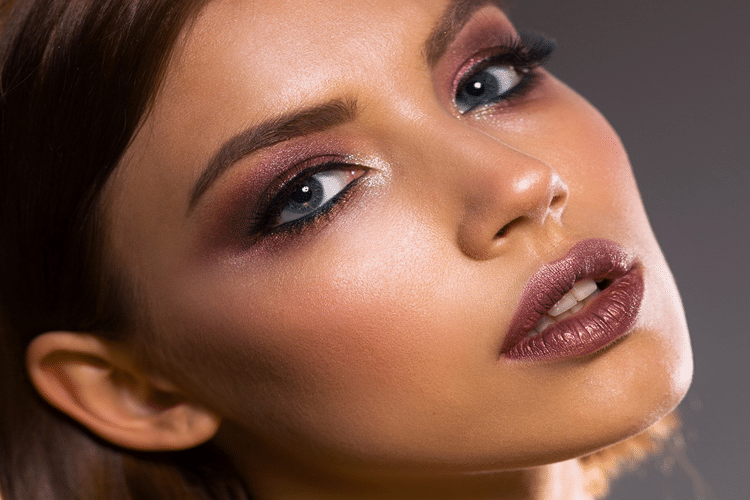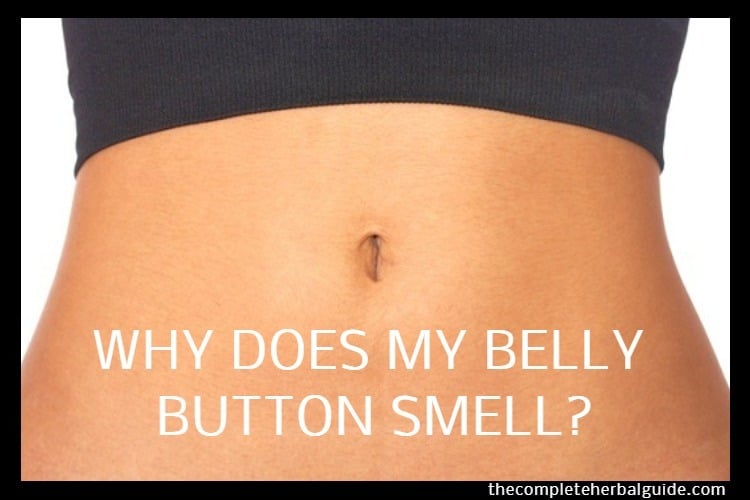
Superfoods That Help You Look and Feel Younger
Want to ward off wrinkles? Boost your memory? Or prevent illness? A good place to start fighting off the signs of aging is your diet. Read on as nutritionists Bonnie Taub-Dix, MA, RD, CDN, National Spokesperson for the American Dietetic Association and co-author of “Kosher By Design Lightens Up” and Jonny Bowden, Ph.D., CNS, and author of “The 150 Healthiest Foods on Earth” and “Healthiest Meals on Earth” reveal the superfoods that can help you look and feel younger.
Table of Contents
Olive Oil
What It Does: Prevents wrinkles
Want to stay wrinkle-free, or at least prevent further skin aging? A Journal of American College of Nutrition study found diets high in olive oil, as well as other staples of a Mediterranean diet (think fruits, vegetables, nuts, multigrain bread, and legumes), to be associated with less skin aging.
What Else Helps? A study from the American Journal of Clinical Nutrition found that higher intakes of vitamin C and omega-6 fatty acids, which cooking oils, egg yolks, and beef are good sources of, may help to keep skin looking young. Bowden notes that resveratrol, found in red wine and the skin of grapes, has wrinkle-reducing properties as well.
Sunflower Seeds
What They Do: Stave off Grays
Your genes determine how old you’ll be when you first start to go gray, but it often begins in your 20s, though some won’t see a gray hair until their 40s, according to the American Academy of Dermatology. Taub-Dix explains that loss of hair color is due to a decline in melanin production and that may be the result of a copper deficiency. Eating foods that are high in copper, like sunflower seeds, could be beneficial.
What Else Helps? Crabs, oysters, cashews, and almonds are also high in copper. Vitamin B6, found in whole grain cereals and many vegetables, may help by boosting melanin production.
Oily Fish
What It Does: Reduces the risk of prostate cancer by 60 percent
Eating a diet high in oily fish, such as herring, salmon, and mackerel, could significantly slash the risk of prostate cancer. Researchers at the University of California in San Francisco found that men who ate “dark” oily fish, rich in omega-3 fatty acids more than once a week reduced their risk for the disease by about 60 percent. Even guys who ate this type of fish just one to three times a month got a boost in prostate protection, lowering their risk by as much as 36 percent compared to men who never ate dark fish. A diet rich in these fish was also shown to reverse the effect of an inherited gene which is known to increase the risk of aggressive prostate cancer by five times.
What Else Helps?
Shellfish was also shown to have prostate-protecting benefits, thanks to its omega-3 content.
Apples
What They Do: Reduce your risk of cancer
Bowden recommends eating foods high in quercetin, a nutrient found in apples and onions that have been shown to help fight cancer. Quercetin is also an anti-inflammatory and has antioxidant properties.
What Else Helps? A diet high in fruits and veggies has been shown to reduce the risk of certain cancers. Research has found that cruciferous vegetables, such as broccoli, cauliflower, and kale, are particularly helpful in protecting against cancer.
Salmon
What It Does: Keeps your heart healthy
Foods like salmon that are high in omega-3 fatty acids may help lower your risk of heart attack and have been shown to lower blood pressure, plaque build-up in the arteries, triglyceride levels, and cholesterol. Aim to eat about three fish-based meals a week, recommends Taub-Dix.
Added Bonus: Omega-3 fatty acids, also found walnuts, flaxseed, soybeans, avocados, and olive oil, “help to reduce inflammation and are associated with promoting brain function,” says Taub-Dix.
Tofu
What It Does: Thickens thinning hair
Over 30 percent of men under the age of 35 and one-quarter of women will experience thinning hair in the United States, says Taub-Dix, noting that heredity, illness, poor diet, and medications are the most common causes. However, biotin, which is generally found in soy products, as well as liver and eggs, can promote hair re-growth.
What Else Helps? A complete multivitamin, which will give you a dose of several nutrients that protect against thinning, including vitamins A, B3, B5, B6, B12, C, E, calcium, magnesium, and potassium.
Blueberries
What They Do: Fight memory loss
Even as early as your 20s, you can begin to see changes in your memory, Taub-Dix says, so there’s no time like the present to begin safeguarding it. Your best dietary bets? “Blueberries are terrific for your memory. Particularly the anthocyanin compounds that give blueberries their deep hue.”
Added Bonus: Anthocyanins may also protect against some aging-related diseases and cancers.
Hot Peppers
What They Do: Rev up your metabolism
It’s a fact of life that as you age your metabolism gets sluggish, but adding some spice to your diet will help to keep your body burning, says Taub-Dix. Spicy foods like cayenne and jalapeño peppers contain capsaicin, which can speed up calorie burn by raising your heart rate.
What Else Helps? Caffeine, found in coffee and green tea, can affect your metabolism by increasing heart rate as well. To avoid disturbing sleep, jitteriness, or an upset stomach, monitor your caffeine intake and its effect on your body — even one cup of coffee a day could be too much for someone who is caffeine-sensitive.
Lean Protein
What It Does: Maintains muscle
A known side effect of aging, muscle loss, can be reduced by eating enough protein. “Protein consists of amino acids, which are the building blocks of muscle; therefore, an adequate daily intake helps maintain, repair and build muscle,” says Taub-Dix. “Without enough protein, you can’t build muscle — no matter how much exercise you do.” Eggs, chicken, fish, and lean cuts of beef, such as flank steak, are good sources.
Added Bonus: “Protein is also a key component in maintaining a healthy immune system, and in the creation of hormones, skin, hair, nails, blood, and enzymes,” says Taub-Dix.
Water
What It Does: Hydrates Your Skin
With age, our skin produces less oil and loses its elasticity. To fight off the effects of dehydration, “It’s very important to drink plenty of water and try to limit caffeine and alcoholic beverages, which can enhance dehydration,” Taub-Dix says. How much fluid a person needs depends on a variety of factors, such as physical activity and climate, but eight glasses a day is a good amount to aim for.
What Else Helps? When applied topically to your skin, honey can be a naturally dry skin remedy. Coconut oil and cocoa butter oil are good for moisturizing skin as well. Look for moisturizers with these ingredients, advises Taub-Dix.
The Building Blocks of Superfoods
Every aging-related issue — from memory loss to brain functioning and wrinkling skin — stems from two basic processes in the body: Inflammation and oxidation explain Bowden. Eating foods that have anti-inflammatory properties and contain antioxidants will help protect you against both. While these superfoods are an important part of your anti-aging eating plan, you should also include a variety of fruits and veggies in your diet and get at least five servings a day. This will give you the antioxidants your body needs to fight off the free radicals that cause oxidation.
A Word on Supplements
Some of the superfoods above contain vitamins and nutrients that can help slow the aging process. Food is a great source, but many people opt to take supplements, too. However, before starting a new supplement, speak with a registered dietician or your doctor, advises Taub-Dix. She adds that some supplements when paired with medications or other foods in your diet, can be harmful. For example, if you take blood-thinning medication, you should avoid fish oil supplements, which will increase the drug’s effect. “Look at everything — all foods and supplements in your diet in concert — and observe their impact on the body.”






